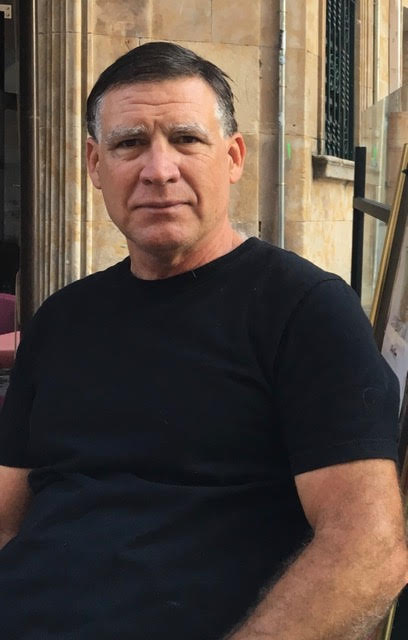As others have noted previous posts, ecohydrology is the science of interactions of between biota and water. My own interest centers on how plants—particularly trees—influence the water cycle at multiple scales. I have always seen ecohydrology very much as an applied science, and one that focuses on understanding the implications of environmental change for the water cycle.
What are your undergraduate and graduate degrees in?
I have a B.S. in Rangeland Ecology from Texas Tech University. It was there that I developed a fascination and a passion for how plants and soils interact in semiarid landscapes. I went on to earn an M.S. from Texas Tech University as well, also in range science, which afforded me the opportunity to live in Peru for 13 months studying soils and ecological communities in the high Andes. My Ph.D. is from New Mexico State University, also in what was then called watershed management, where my research focused on understanding how grazing alters runoff and erosion on steep semiarid landscapes.
How did you arrive at working in and thinking about ecohydrology?
Early in my career, the term ecohydrology was not part of the popular scientific vernacular. My research interests were not appreciably different than they are now. I self-identified as a rangeland hydrologist. It was the seminal paper by Ignacio Rodriquez- Iturbe in 2000 that really changed everything. I am simplifying, but in that paper he made a clarion call to the hydrology community that plants are really important to the water cycle and there is much that we do not understand about how plants modify water fluxes at multiple temporal and spatial scales. Hearing this from such an eminent hydrologist was extremely exciting because he was essentially saying that what I was interested in was really important and at the cutting edge of a new and exciting emerging discipline—ecohydrology! Soon after that, Brent Newman and I organized our first AGU Chapman conference (2002) focusing on the ecohydrology of drylands. The conference was a success in many aspects, but in particular it was a landmark event in terms of bringing together ecologists and hydrologists with similar interests and facilitating cross-disciplinary interactions and communications.
What do you see as an important emerging area of ecohydrology?
I have always viewed ecohydrology as an applied science that can provide insights into many of the seemingly intractable environmental challenges we are currently facing. It is urgent that we address these challenges, but doing so will require more interdisciplinary interaction and collaboration—particularly in regard to doing a better job of understanding the human factors that are driving global change. Collaboration with those far outside our discipline, such as social scientists, is hard (and not always productive in terms of how we are evaluated as scientists)—but I believe it is vital if we are going to have a real impact on problems that are important to people.
Do you have a favorite ecohydrology paper?
Again I return to the “pre-ecohydrology era” during my formative years as a scientist. The late 1980s and 1990s was an introspective period for the discipline of hydrology, and for me was an exciting time. One set of papers in particular had a profound influence on me. In 1986, Water Resources Research published a special issue: Trends and Directions in Hydrology, edited by Steve Burges. In that issue were a number of landmark papers, but in particular I recall the paper by J.C.I. Dooge, Looking for Hydrologic Laws, and another by V. Klemes, Dilettantism in Hydrology: Transition or Destiny?. Both papers, I believe, were making the argument that the science of hydrology had tilted too much toward engineering and needed to readjust to become a true earth science; AND that there were some exciting things to discover—one only had to look!
What do you do for fun?
I have more leisure time now that my three daughters are grown and I am trying to make the most of it. This summer I spent 4 weeks on an “epic” camping adventure across the western USA with two grandsons. My current passions—besides ecohydrology—are road cycling and fly fishing. I love traveling even if most of it is related to work, and in particular I enjoy traveling and working in Latin America. I also spend quite a bit of time working to improve my Spanish and Portuguese.

 RSS Feed
RSS Feed